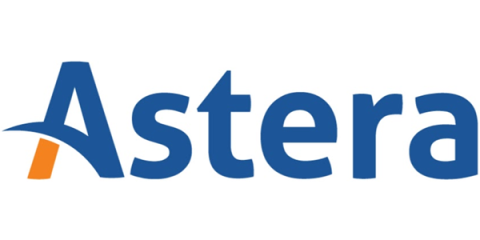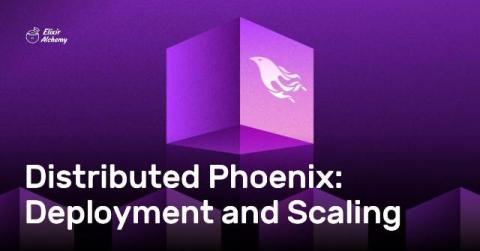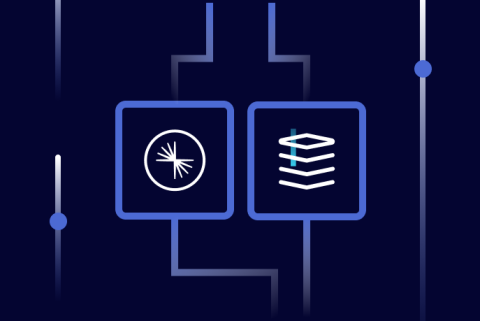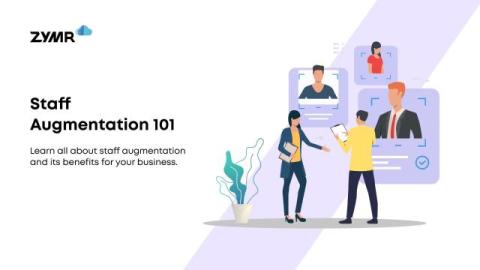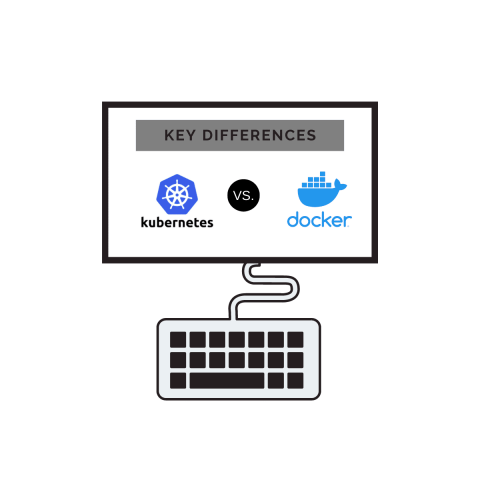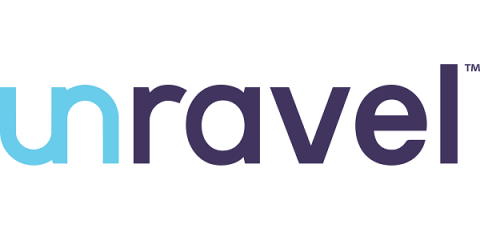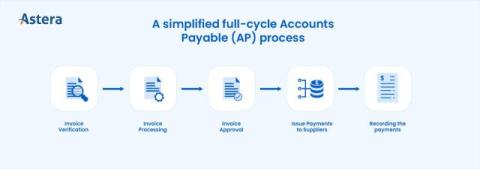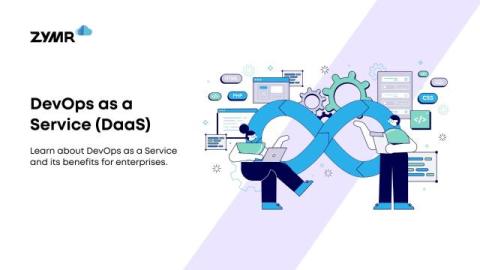The Perks of Using Astera at Your Logistics Company
Logistics industry has to deal with data from multiple sources including bills of lading, customs declaration forms, proofs of delivery, and others. Then they have to ensure the data is prepped, extracted, parsed, converted to the right format and then analyzed. Given how important logistics is in today’s market, it is no wonder that McKinsey Global Supply Chain Leader Survey 2024 reported 74% of respondents were interested in advanced digital and AI-based tools for planning and scheduling.


